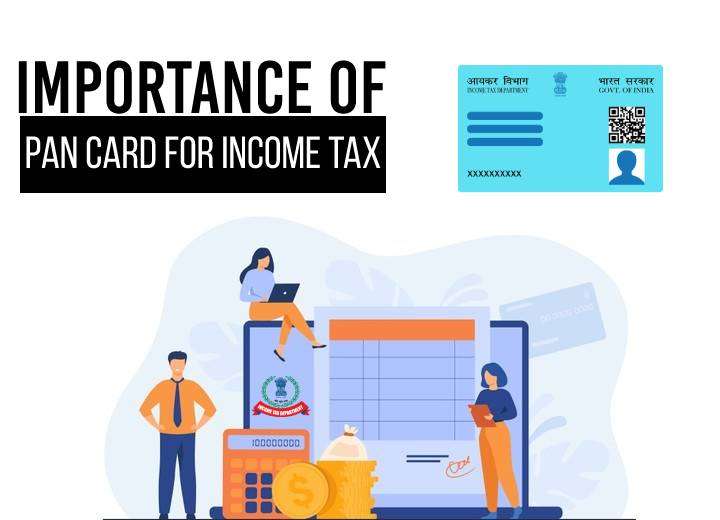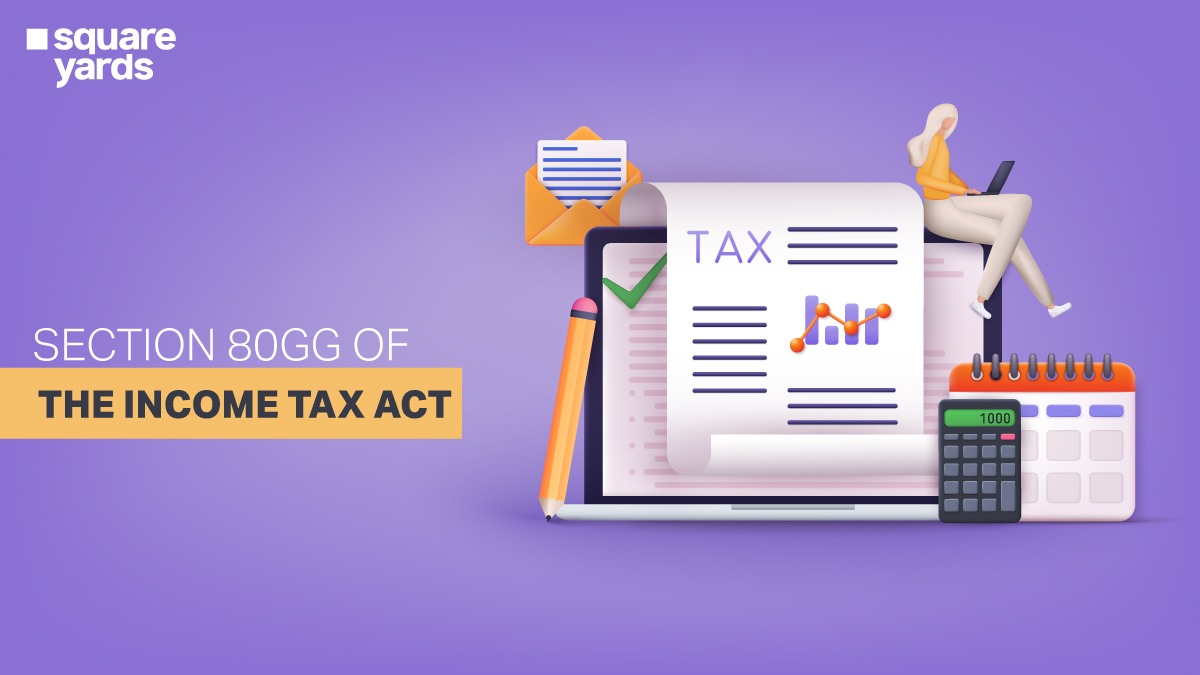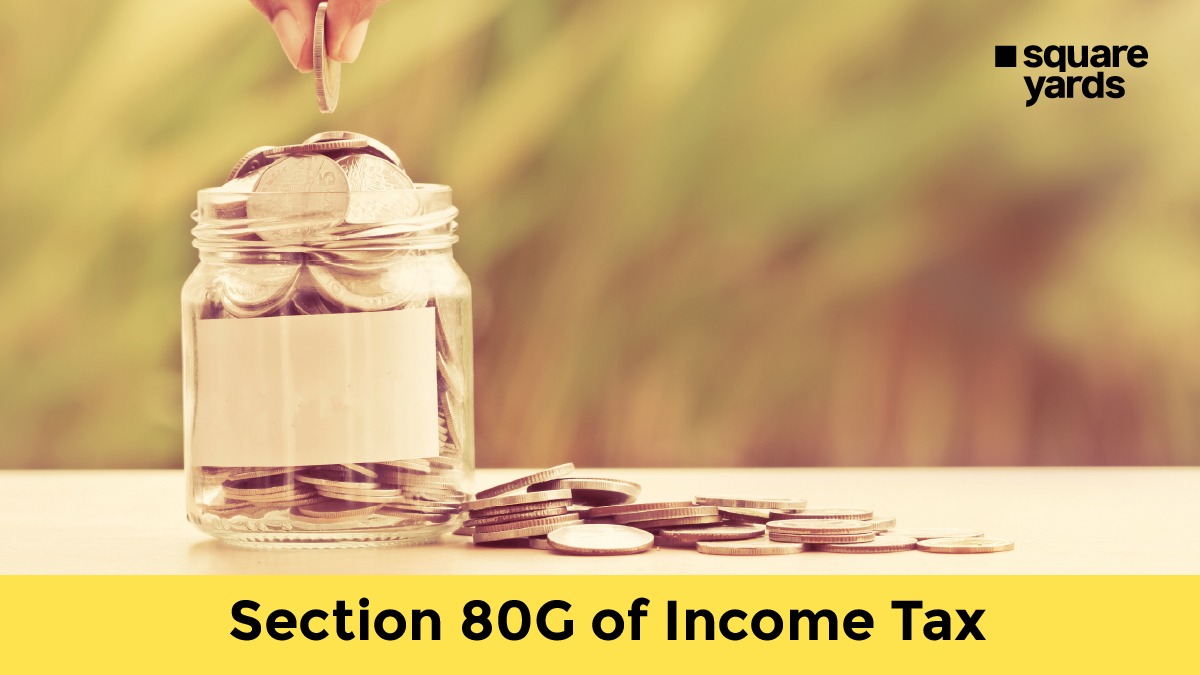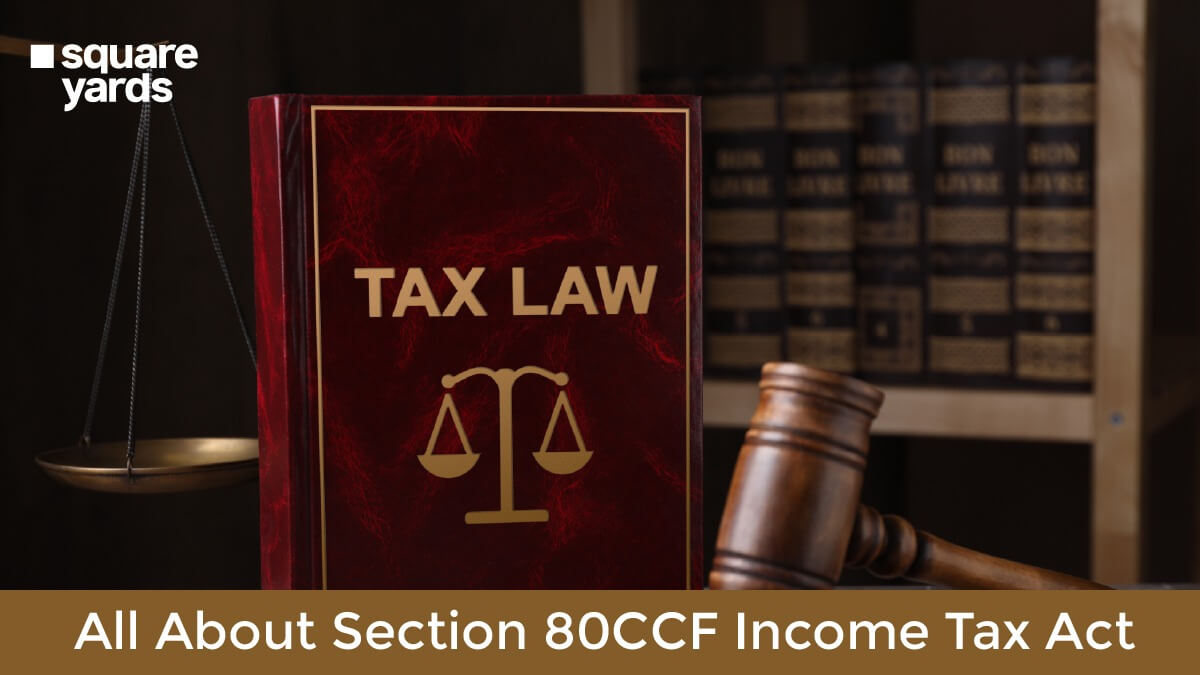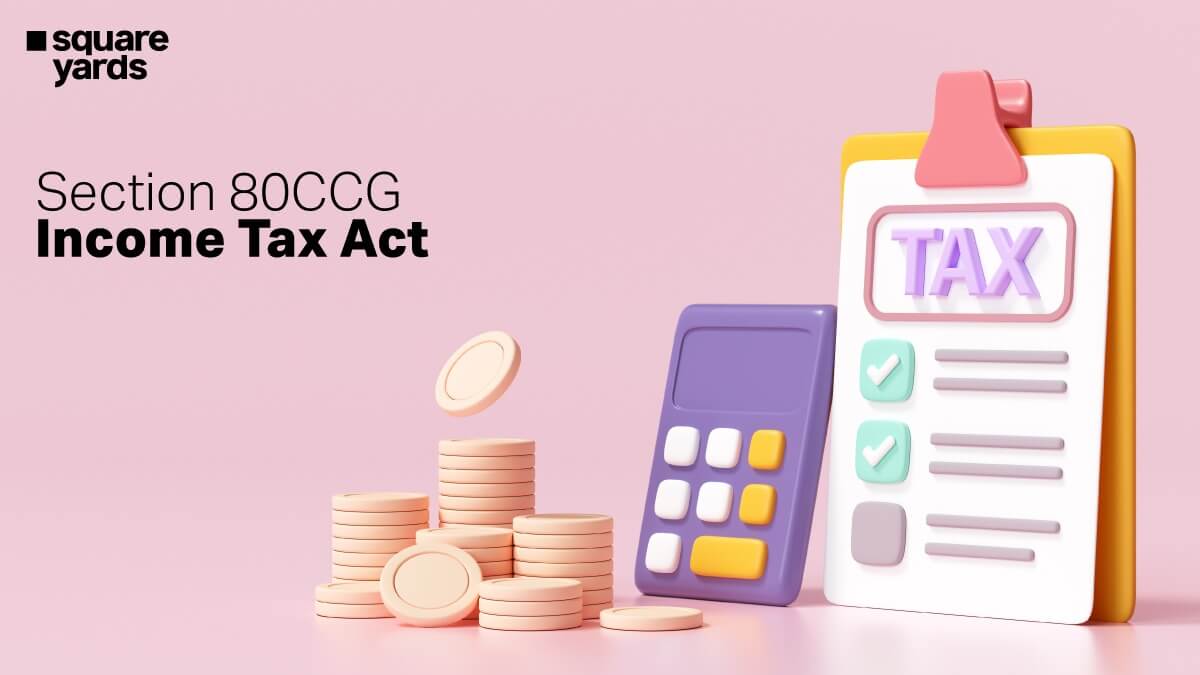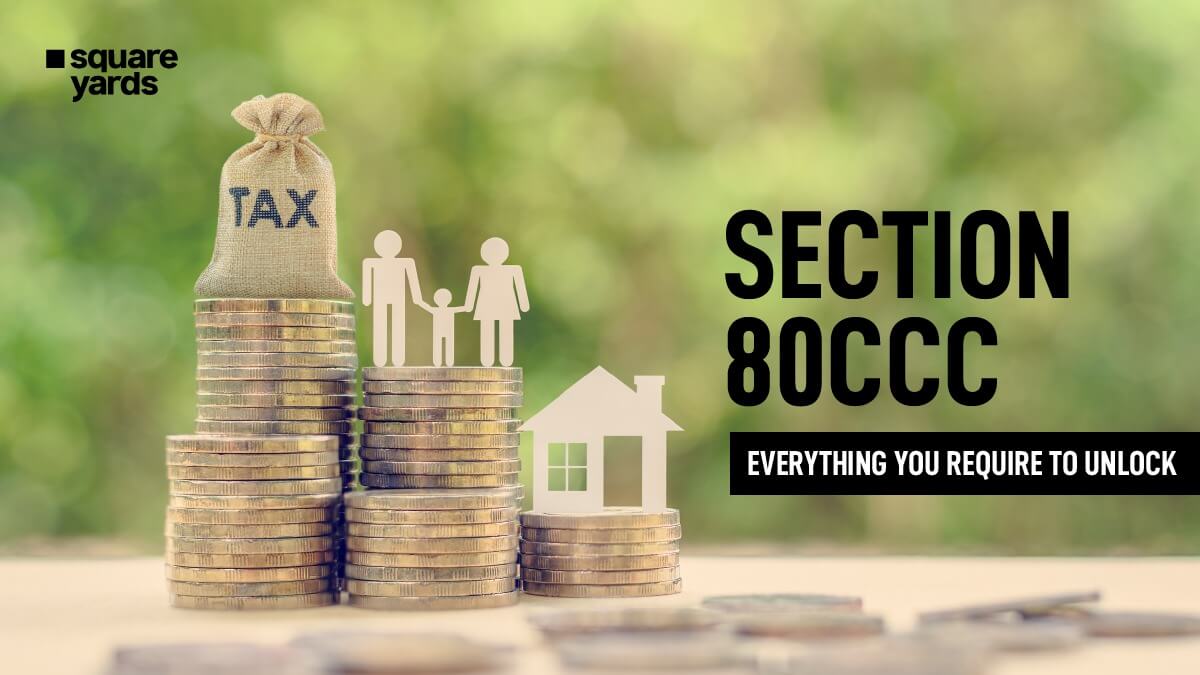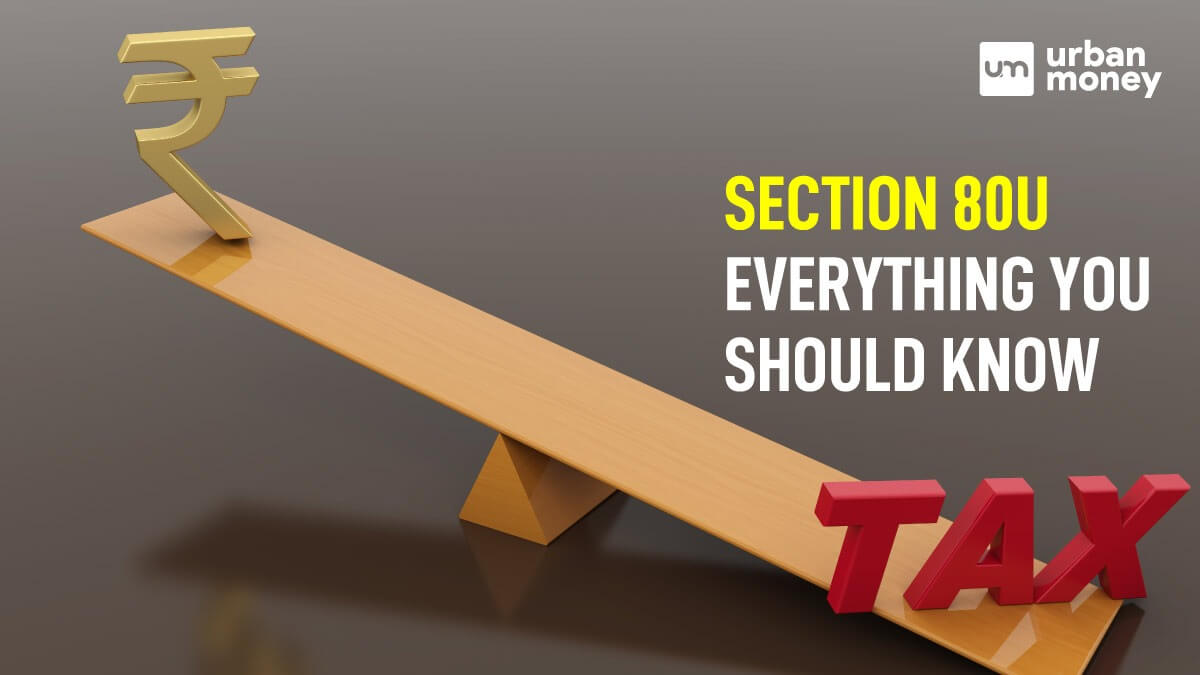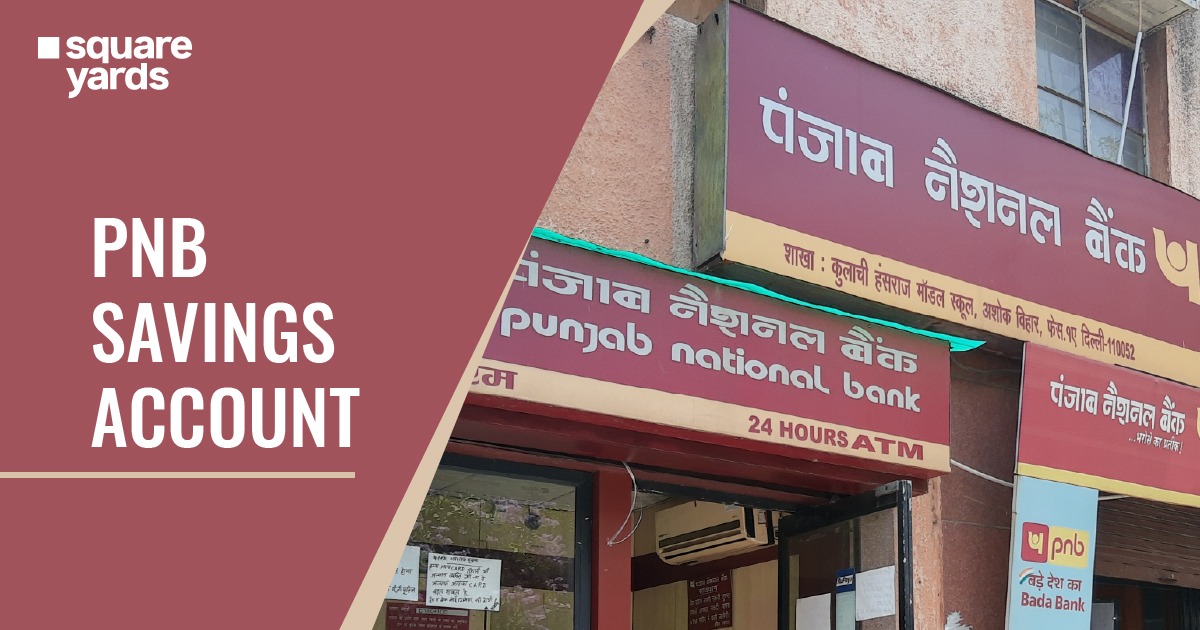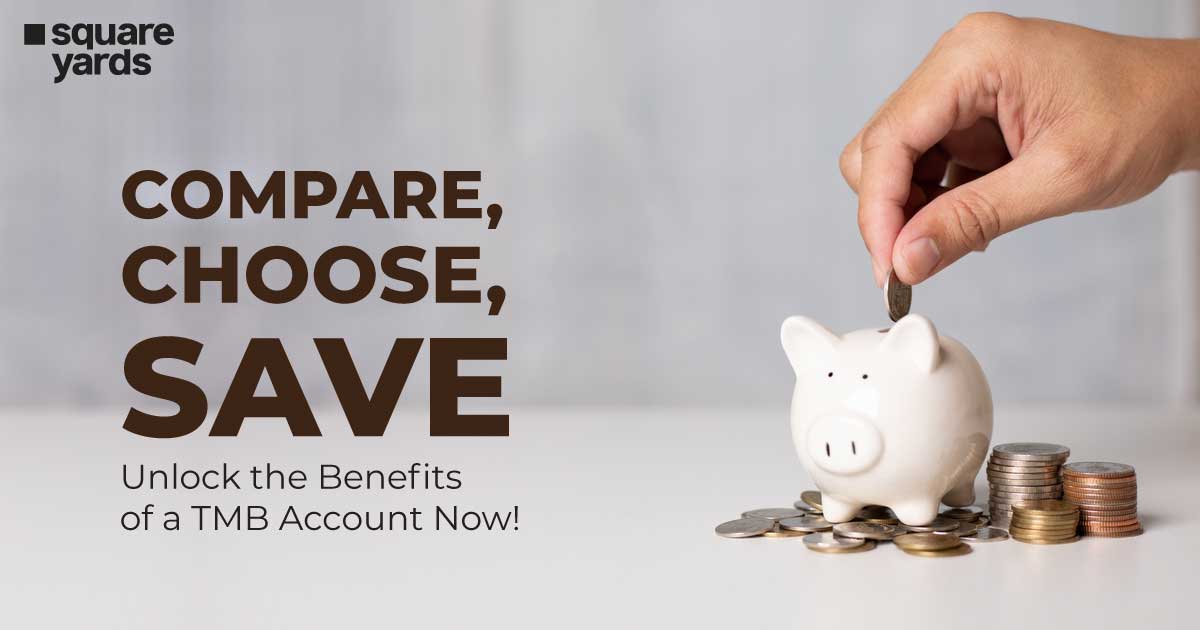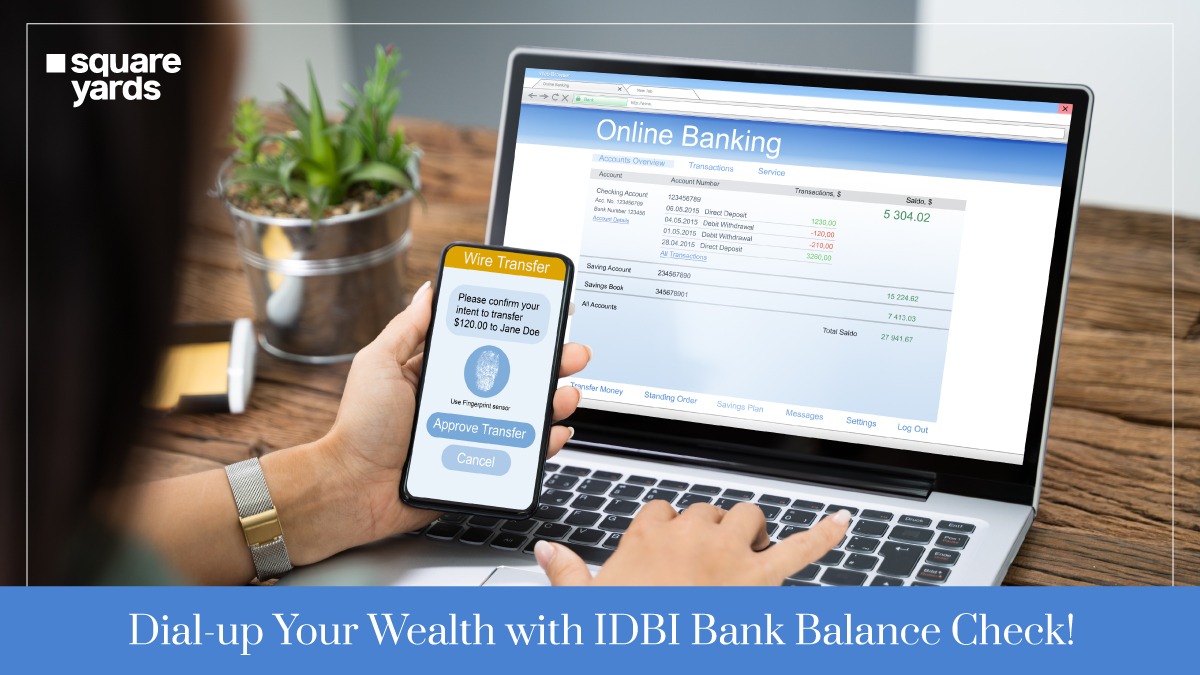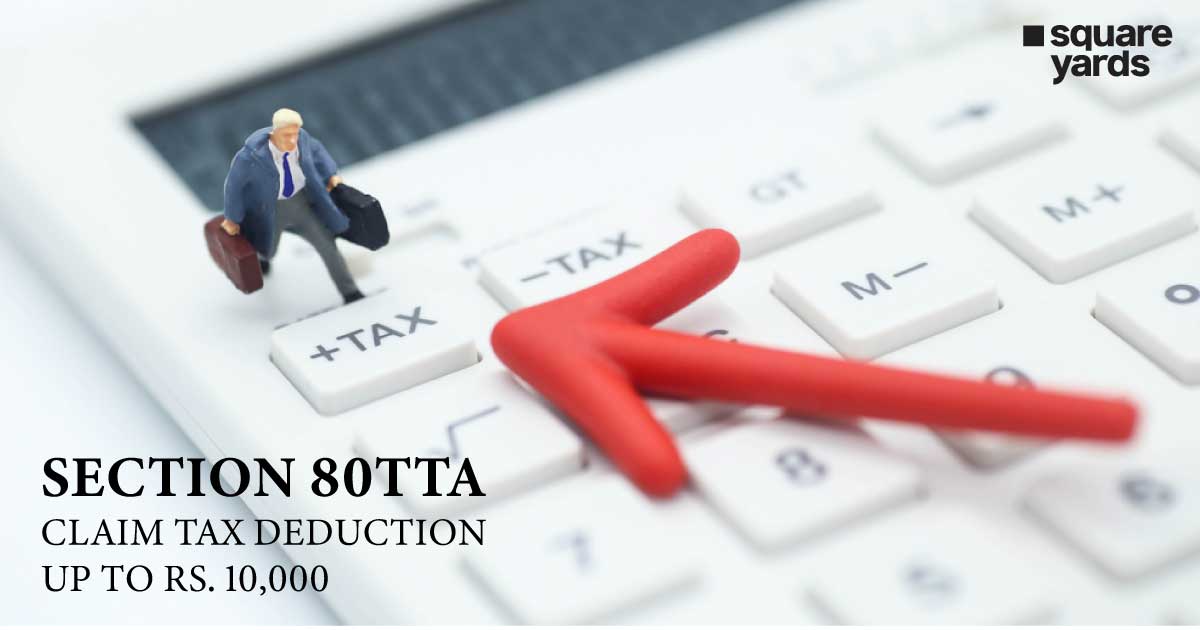A PAN Card needed for Income Tax filing is as important as it is to open a bank account. PAN, which stands for Permanent Account Number, is a unique 10-digit alphanumeric identity that the Income Tax Department allocates to every taxpayer in the country.
The PAN Card is allotted to the taxpayers under the supervision of the Central Board of Direct Taxes. Today, there’s hardly any working professional who doesn’t have a PAN card. It serves as valid identity proof.
A PAN card is needed for making any financial transactions such as the sale or purchase of assets beyond certain specified limits, receiving taxable professional fees or salary, buying mutual funds, and more.
The permanent account number (PAN) uses a universal identification key to monitor financial transactions that might possess a taxable element to prevent tax evasion. Even if your address changes, the PAN number stays the same throughout India.
Many of you may think that a PAN card is only needed at the time of filing Income Tax Returns, which is usually once a year. However, this isn’t true. It is required and used at various places related to Income Tax while opening a bank account and more.
In this blog, we have mainly focused on finding out the top reasons why a PAN card is essential for filing Income Tax.
Table of contents
Who are All Eligible to Apply for PAN?
Following entities are eligible to apply for PAN in India:
- Anybody who is earning a taxable income in India, including any foreign nationals who are paying taxes here.
OR
- Anybody who is operating a business (be it retail, consultancy or services) that had entire sales, turnover or gross receipt surpassing ₹ 5 lakh in the preceding financial year.
Documents Required for Filing Income Tax Return, Apart from a PAN Card and Form 16
Besides possessing a PAN card and Form 16, documents that are required by the taxpayers while filing an Income tax return are as follows:
- Bank passbook
- Certificate of the Tax Deducted at Source
- Interest income statement for fixed deposits
- Form 26AS
- Contribution to Provident Fund
- School tuition fees for Children
- Section 80C investment documents
- Payment of life insurance premium
- Stamp duty and registration charges
- Principal repayment on your home loan
- Mutual funds investment
- Equity-linked savings scheme
PAN and Income Tax Related Articles
| PAN Card and Income Tax |
Reasons Why PAN Card for Income Tax is Essential
Not just one, but there are six different reasons why you must have a PAN card, especially when you are a taxpayer. Let’s have a look at the reasons listed below:
PAN Card for Filing Income Tax Returns
Income Tax Return has to be filed by every taxpayer whose total annual income is above ₹5 lakh. So, if your income is beyond this threshold, you must file an Income Tax Return (ITR). While filing the return, you need to enter your PAN details mandatorily. The government uses your PAN particulars to determine your identity from the taxation point of view.
In case you fail to quote your PAN card number while filing the Income Tax Return, the IT department won’t acknowledge your ITR. Moreover, the government will consider that you have not paid your taxes.
PAN Number for Filing TDS Certificates
Tax Deducted at Source (TDS) is a process of tax collection levied by the government of India through which the tax amount is deducted during the disbursement of the amount.
Traders, companies, or any entities that deduct TDS are supposed to offer a TDS certificate that must state the amount of tax that has been deducted. The TDS certificate must also include the PAN number of the payee in every document, including the statement of perquisites and profits in lieu of salary and TDS returns.
PAN Card to File Application for Income Tax Refund
If you qualify for Income Tax Refunds after you have paid the tax, you need to enter your PAN card number in the application form. You or any taxpayer must quote the PAN number because the government uses it as the only form of identification in activities related to taxation.
If you fail to quote the PAN in your Income Tax Refund application, your application won’t be processed. Moreover, you won’t be eligible to receive a refund. Therefore, it is mandatory to have a PAN Number to track Income Tax Refunds.
PAN Number to Review Income Tax Refund Status
Once you have filed the Income Tax Refund application, you might want to monitor the status of your refund on the government website. You can view the status of your IT refund by entering your PAN card number.
PAN Card to Save Yourself from being Overtaxed
When you submit your PAN card details while filing the Income Tax Returns, you can save yourself from being overtaxed. Usually, the government has a history of your transaction, and it computes the tax accordingly after considering deduction.
If you or any other entities or individuals don’t quote the PAN number, you will have to pay a flat 30% tax imposed by the government regardless of the tax slab you or entities or individuals fall under.
Hence, a PAN card is highly recommended for people who wish to avoid paying tax more than they are required to pay.
PAN Number to Login to the Income Tax Website
If you are a taxpayer and want to log in to the official website of the Income Tax so that you can file the returns online, you will need to enter your PAN number.
With the advent of technology, everything is going paperless and hence, the Income Tax Department is also making moves towards the same so that income tax returns can be filed through an online system.
As a result, every taxpayer will be obligated to file their returns through the portal, where it would be mandatory to enter their PAN number for registration. Hence, you need a PAN card to register on the Income Tax website.
What To Do When One Has Multiple PAN Cards?
If, by any chance, you have more than one PAN card, it’s better to surrender the other as soon as possible. Because as per the rules, it is an offense to keep multiple PAN cards.
If authority comes to know you have multiple PAN cards, you will be subject to pay a fine of ₹ 10,000 that will be levied under Section 272B of the Income Tax Act.
Don’t Miss Out!


